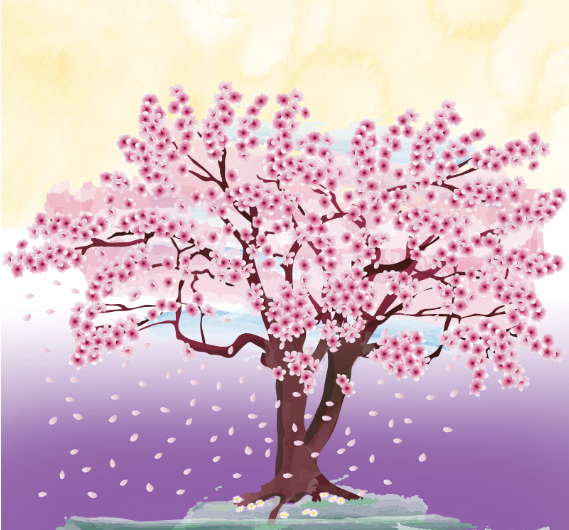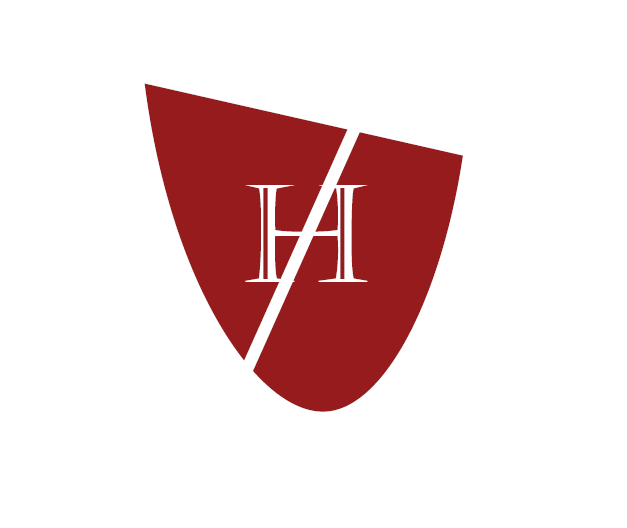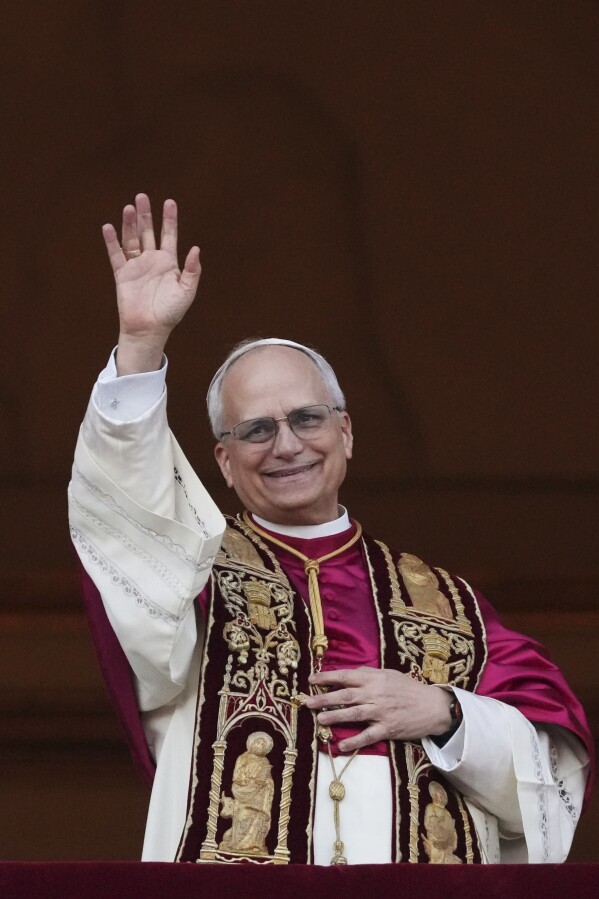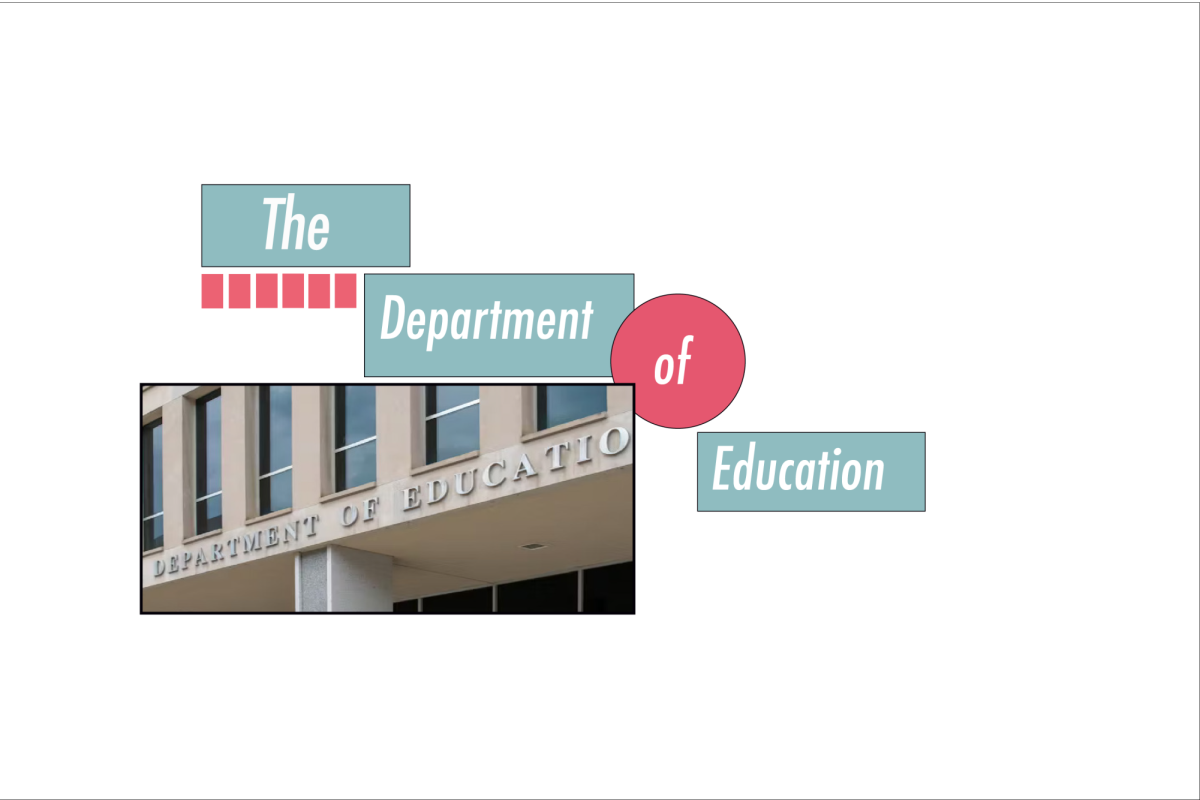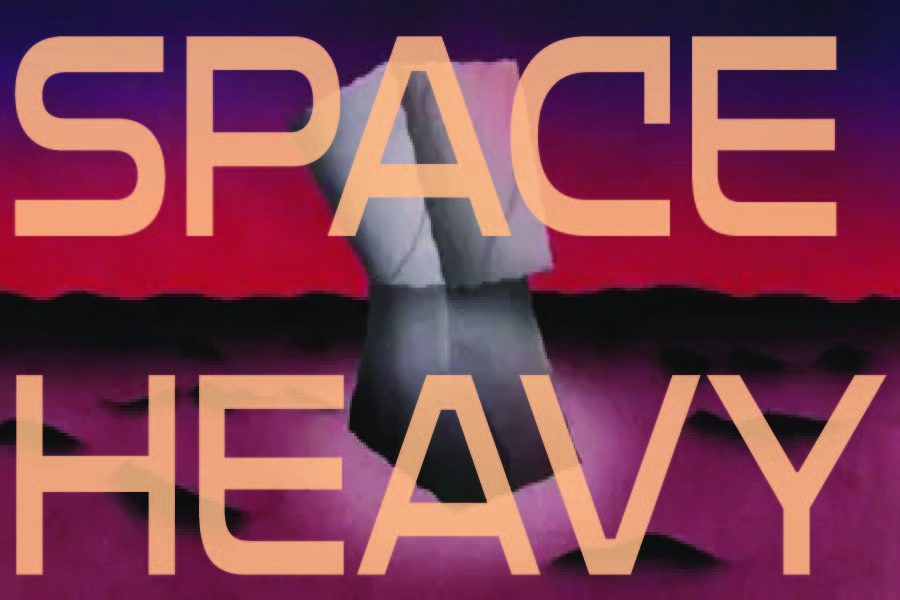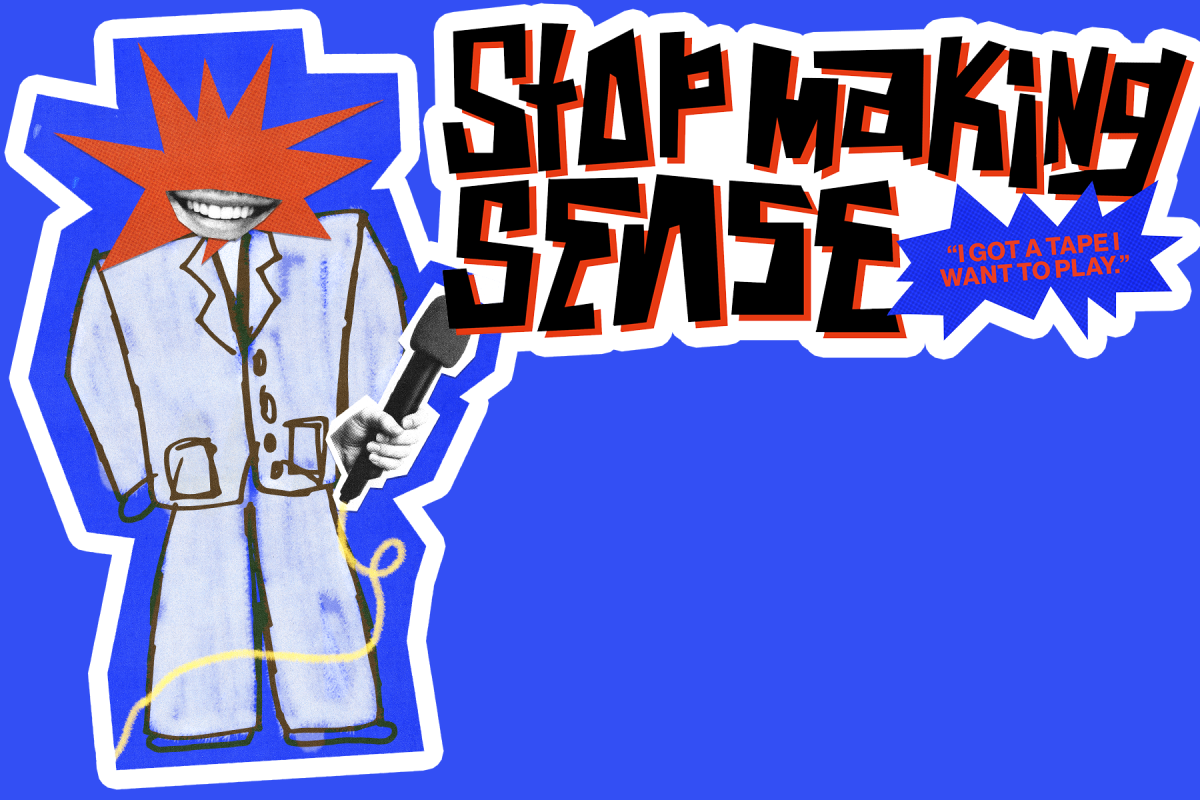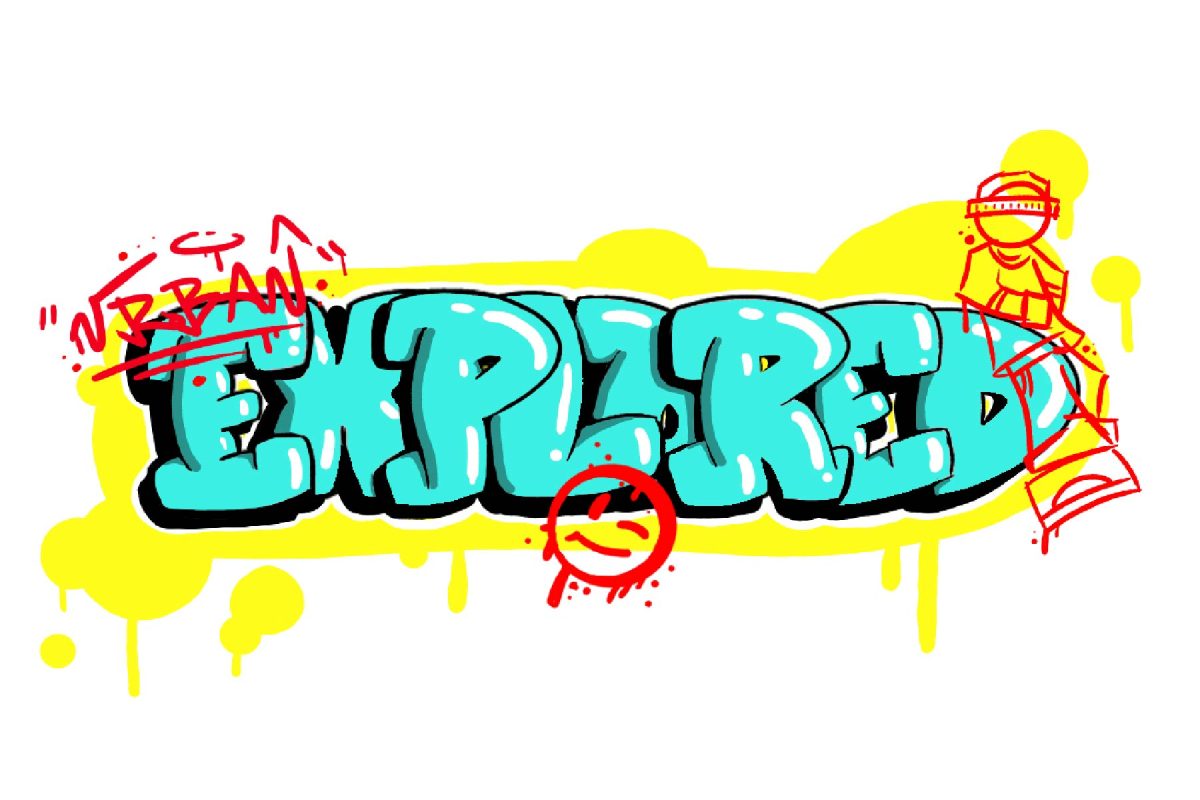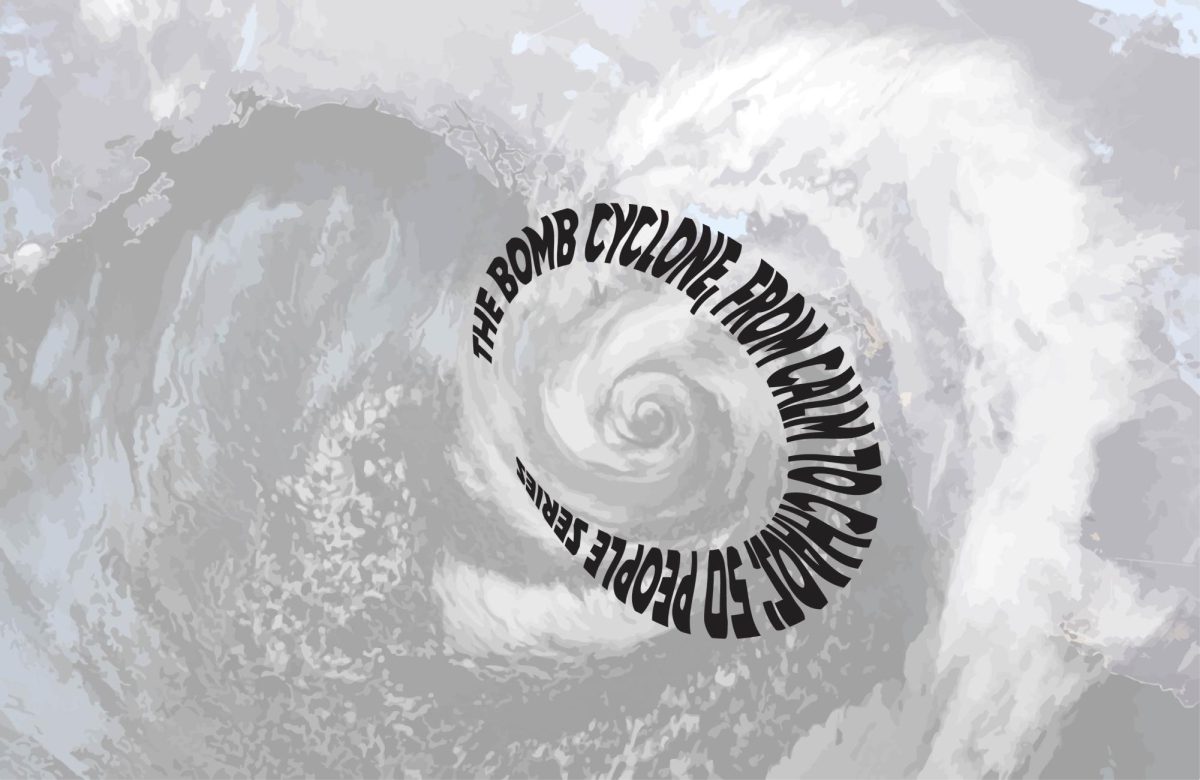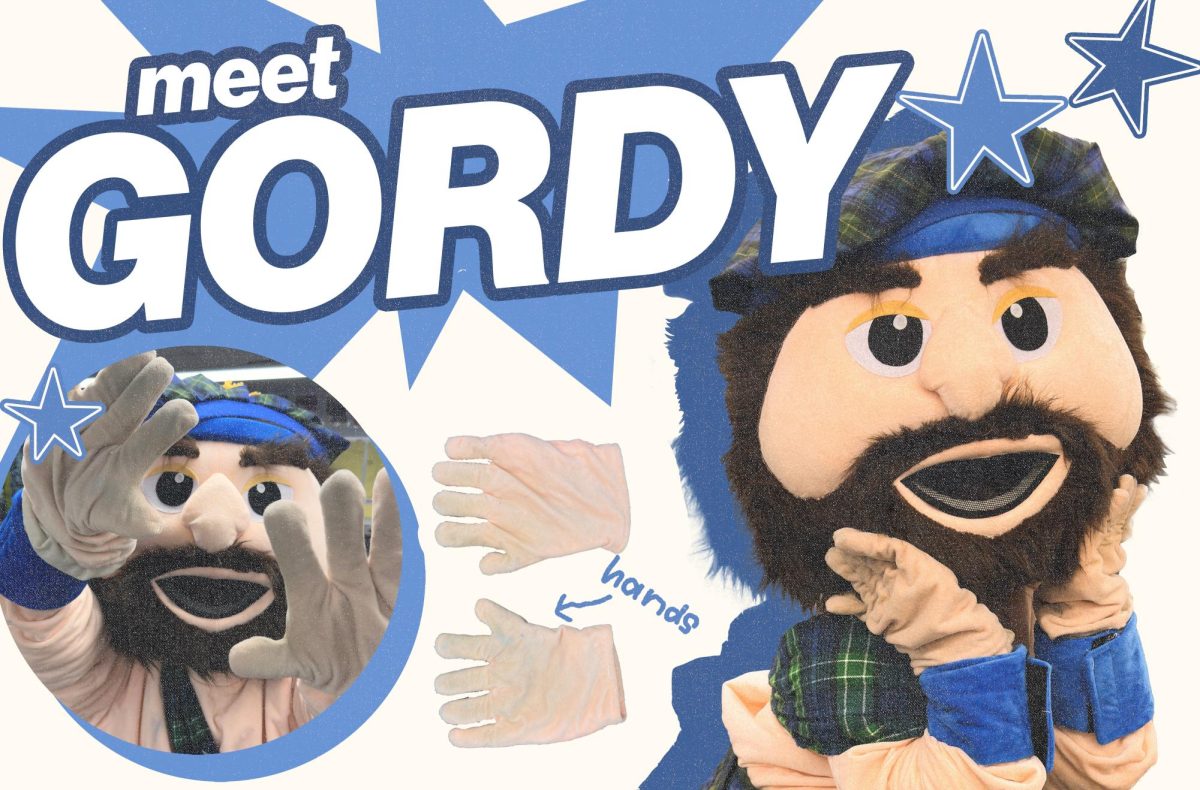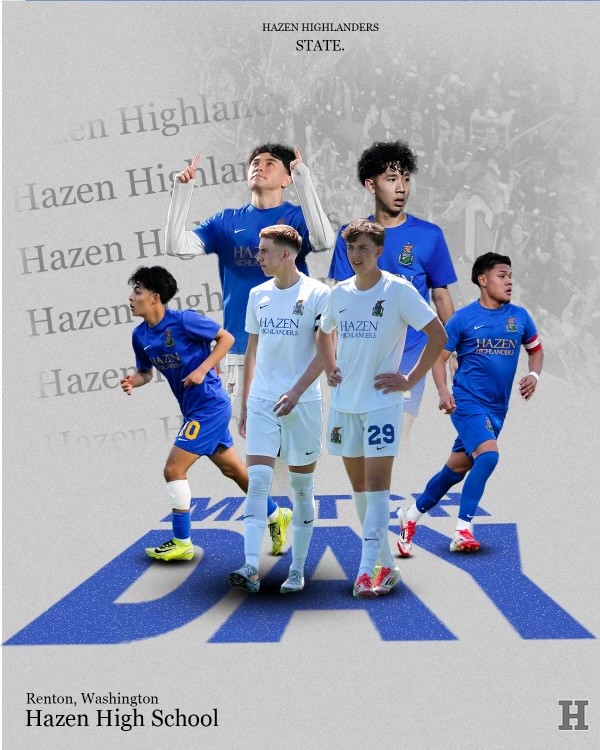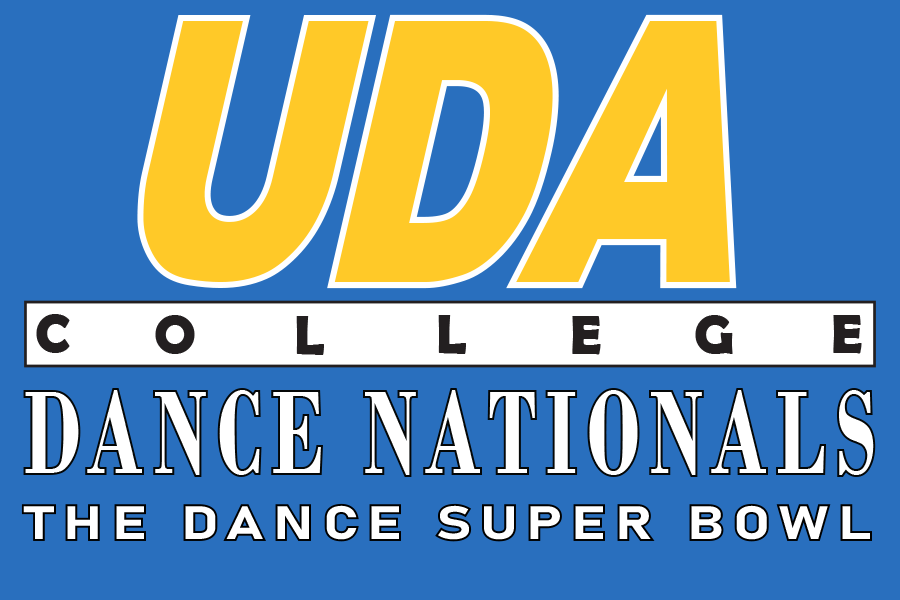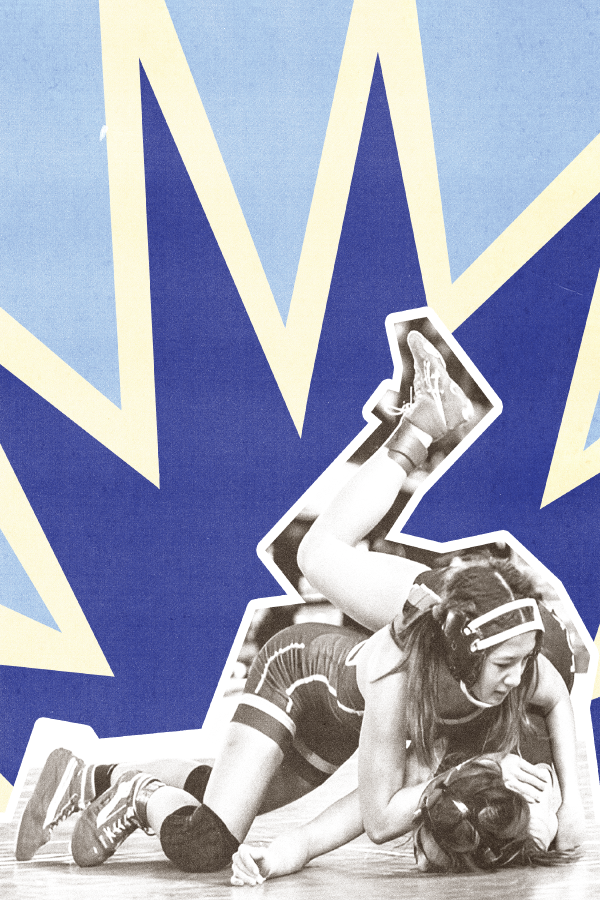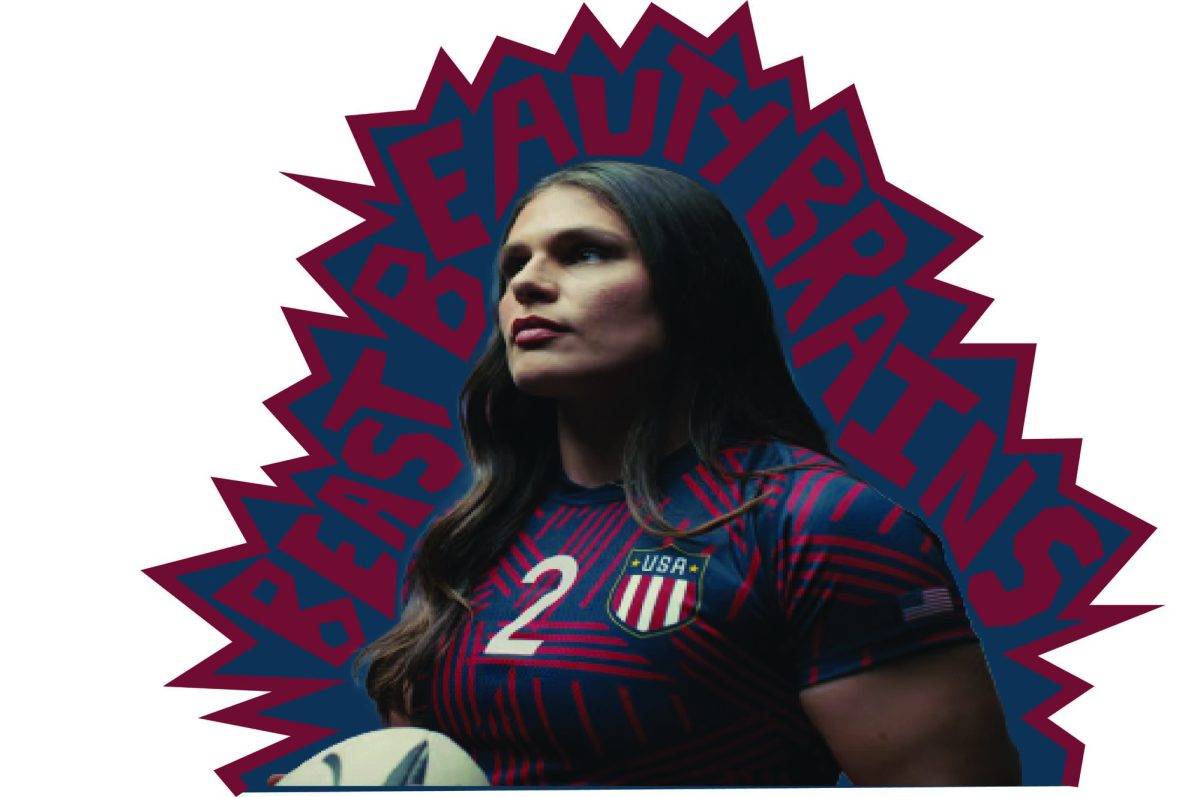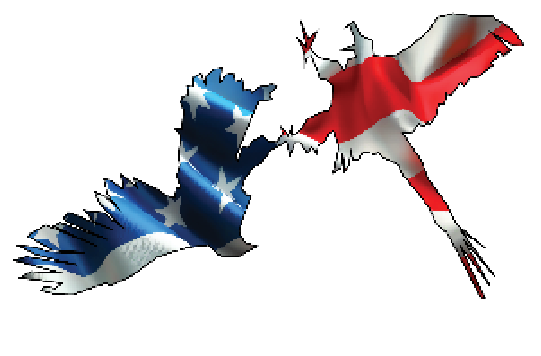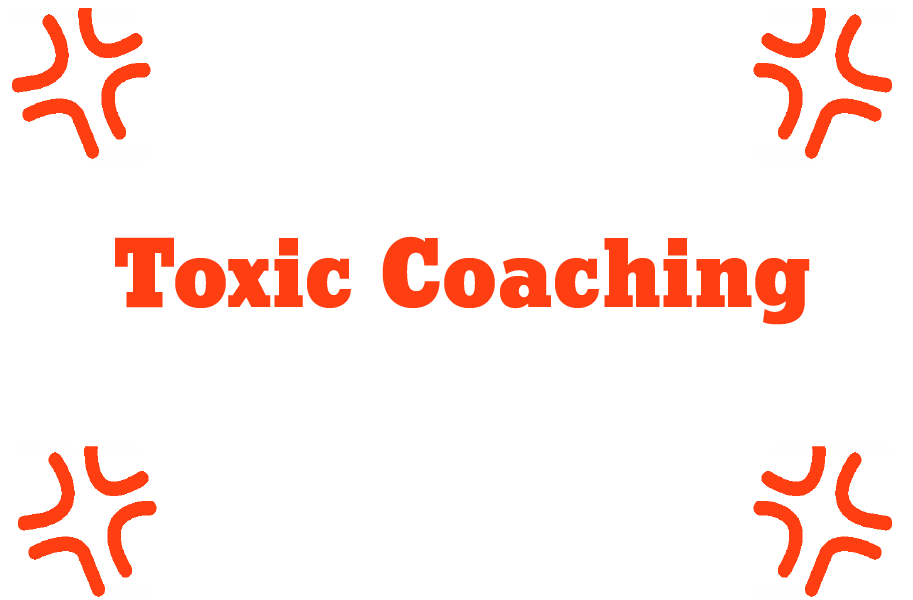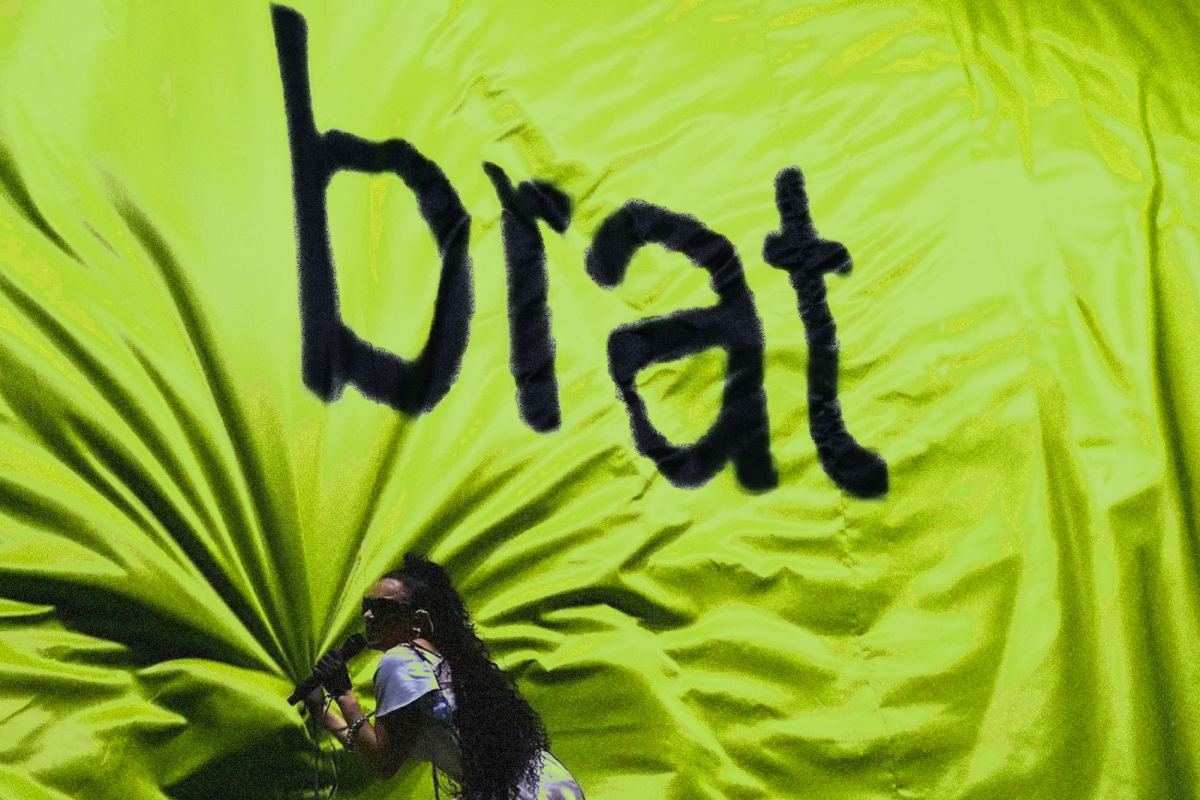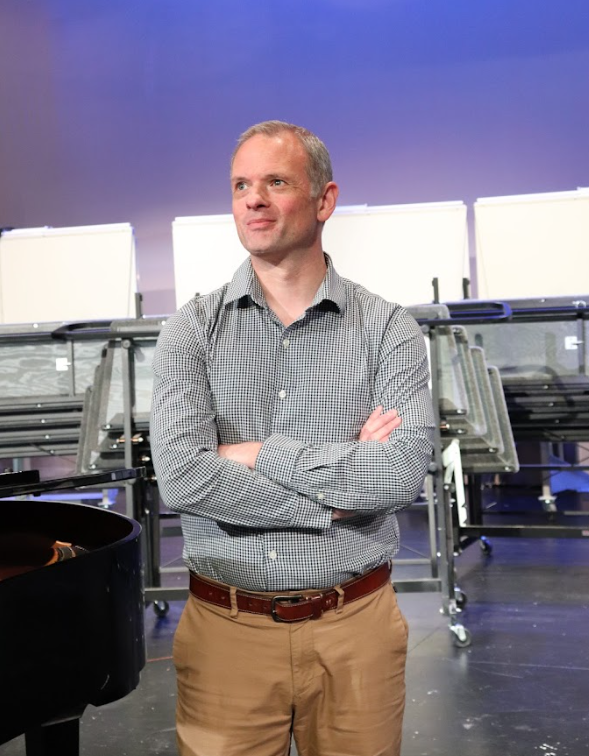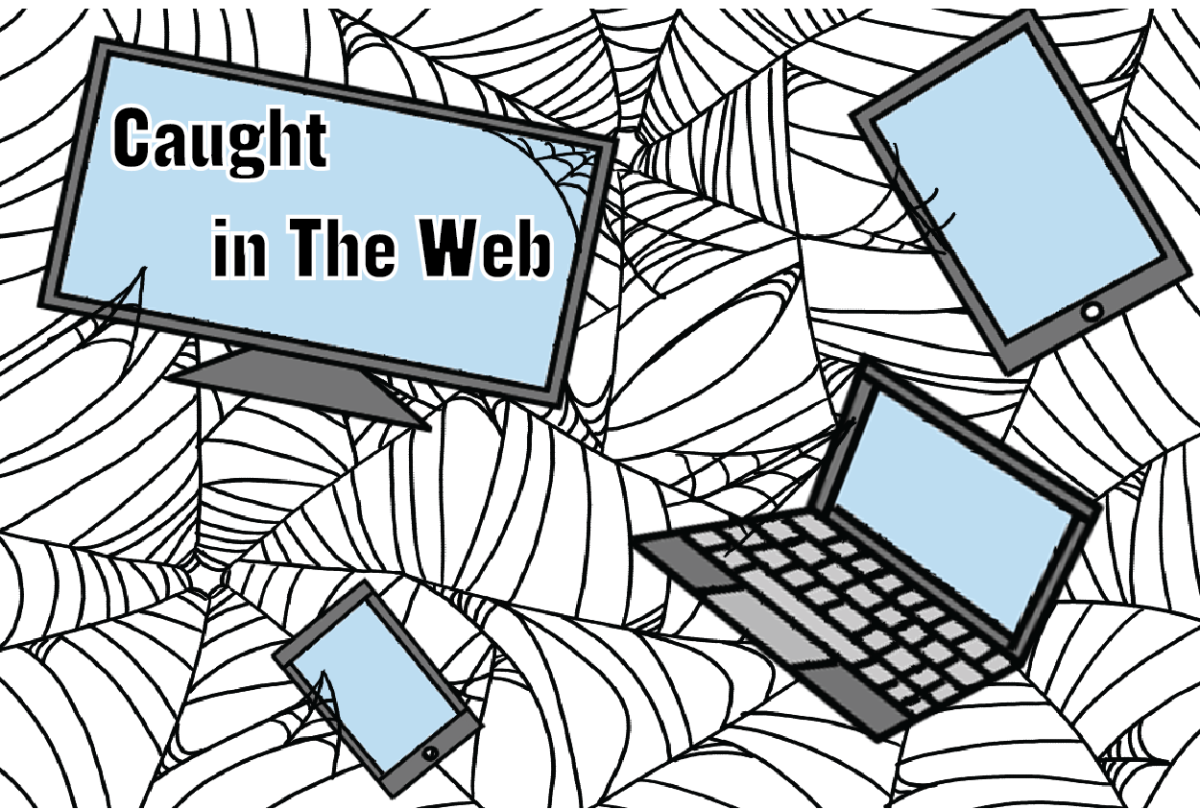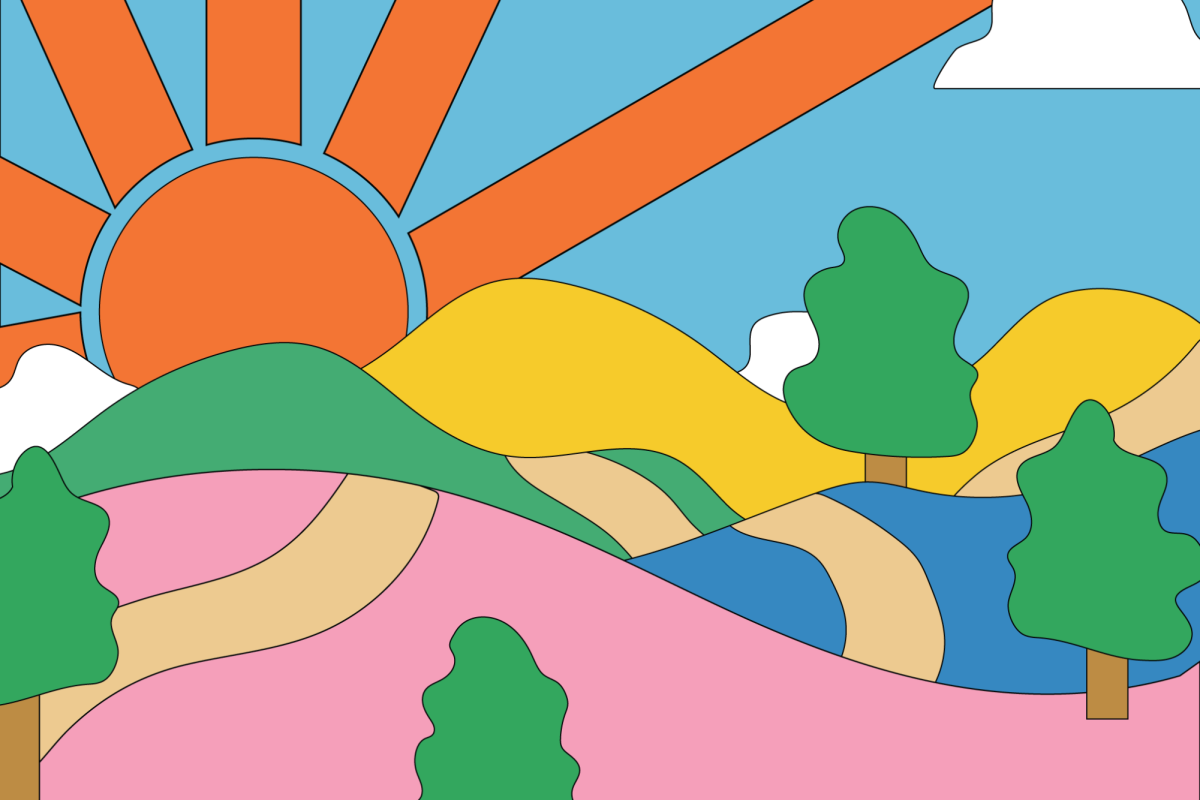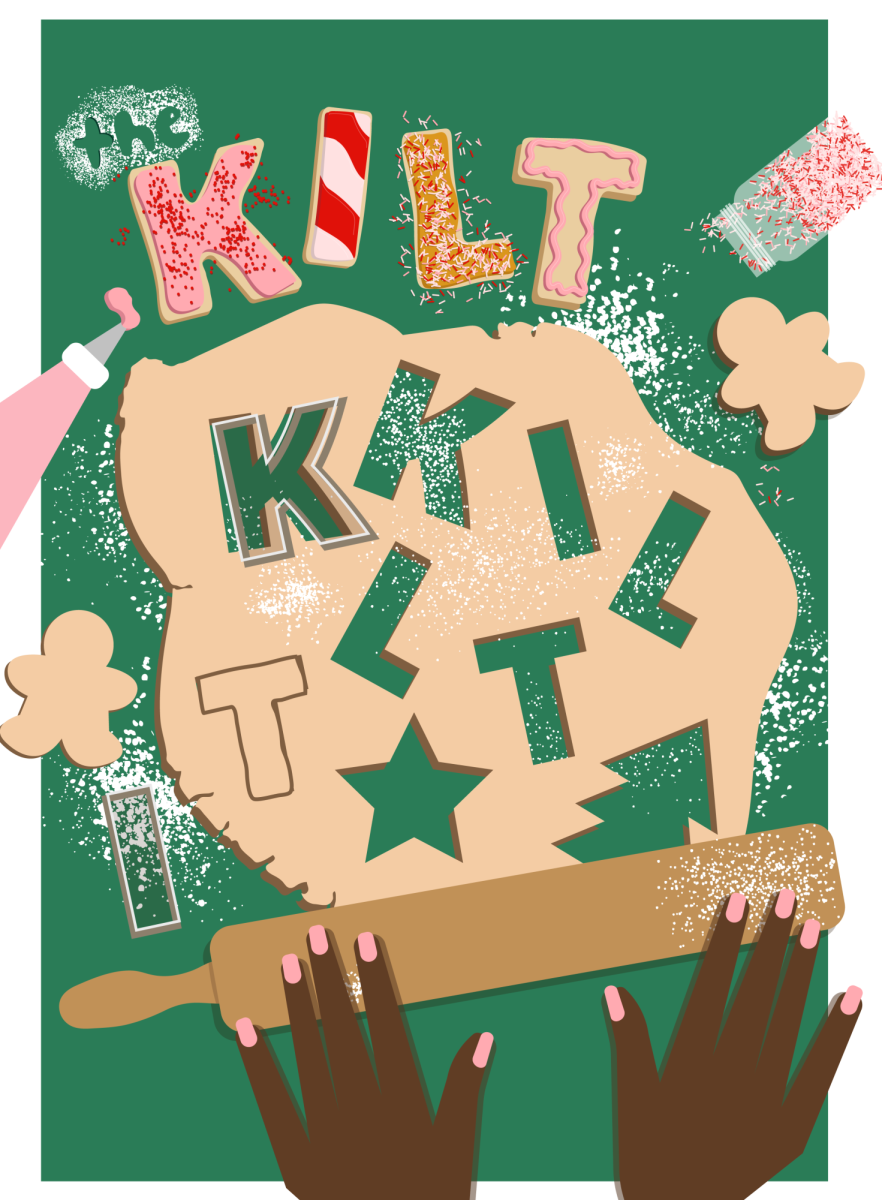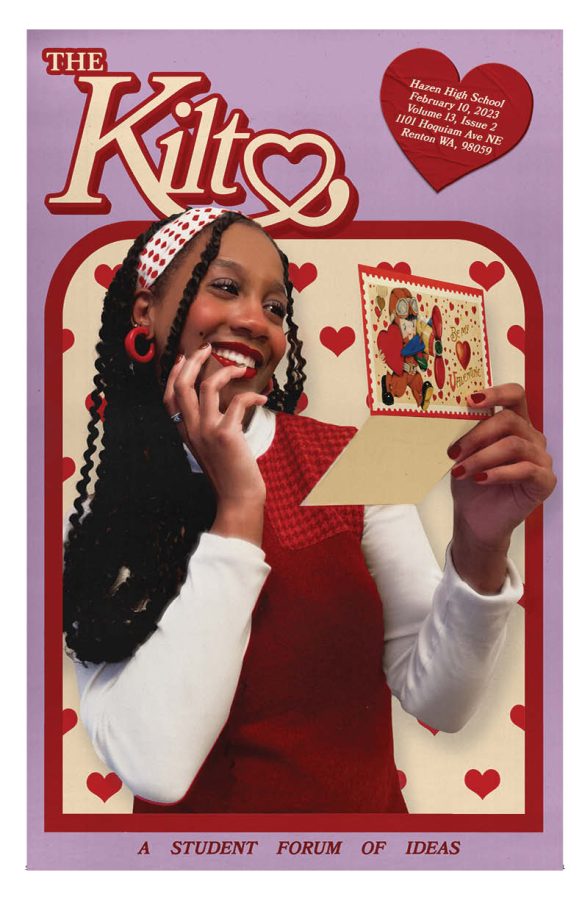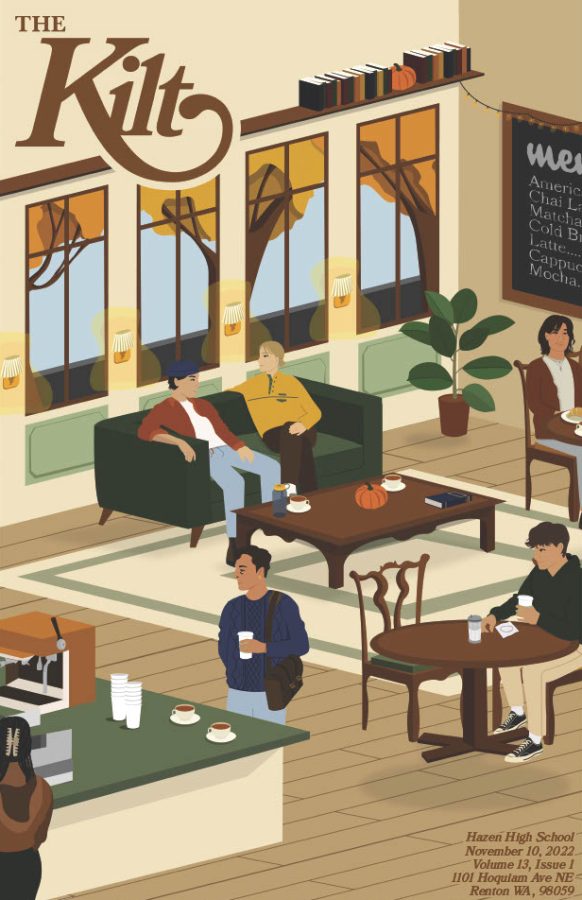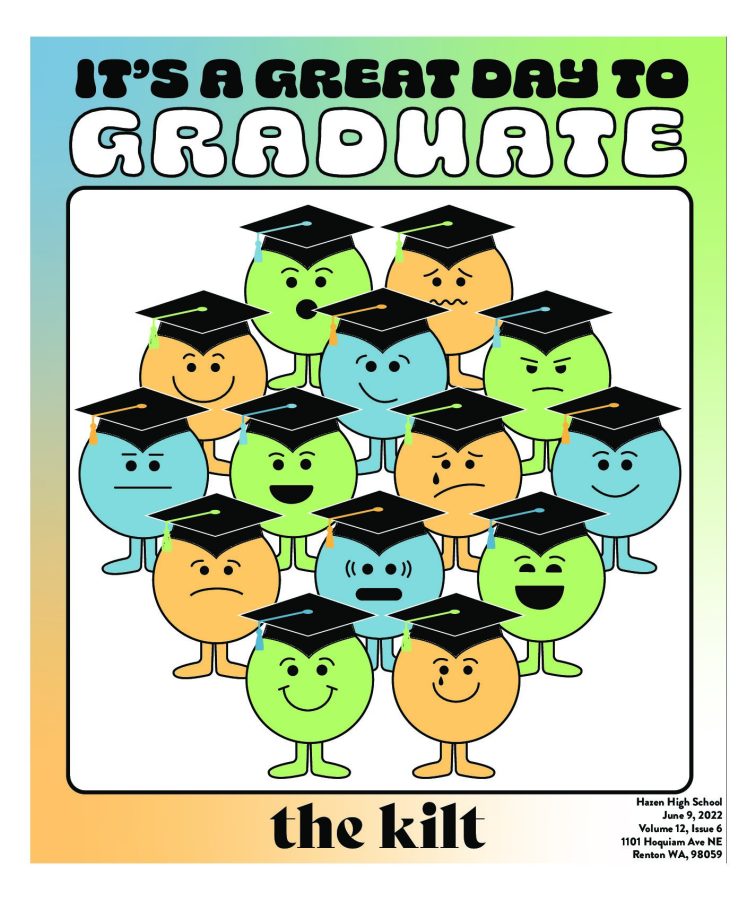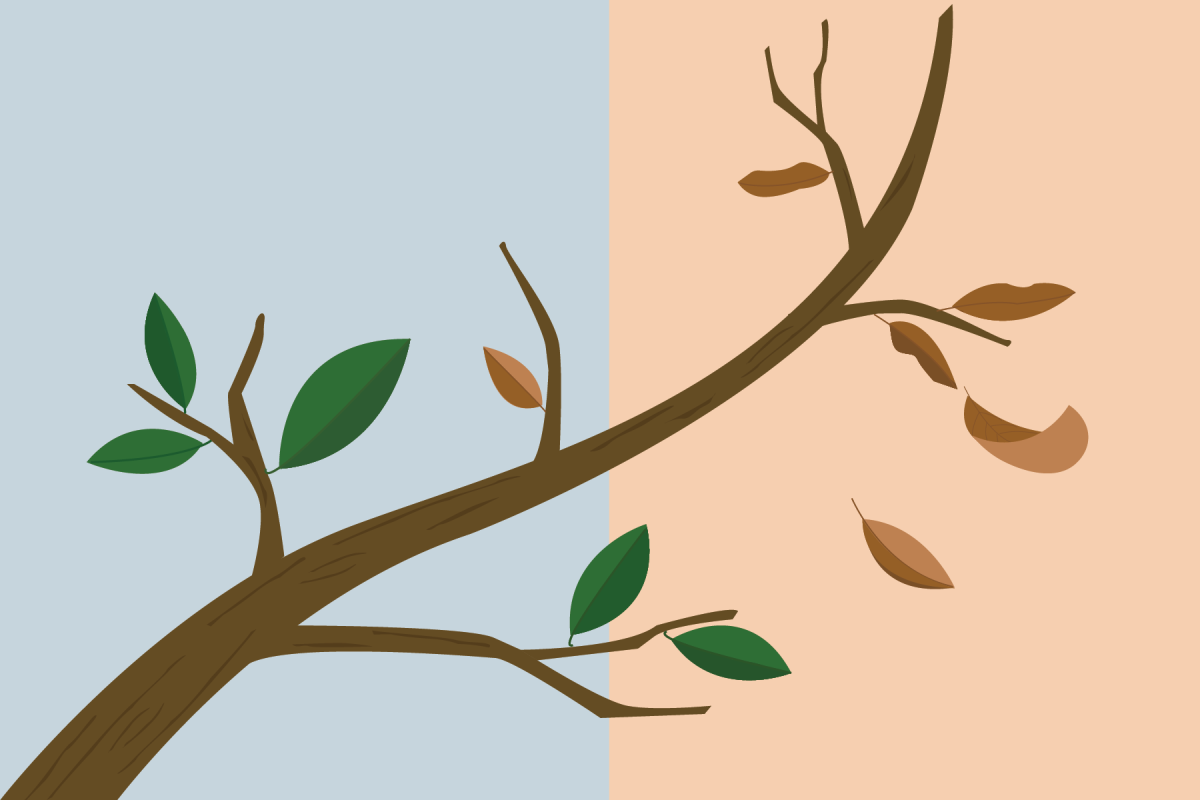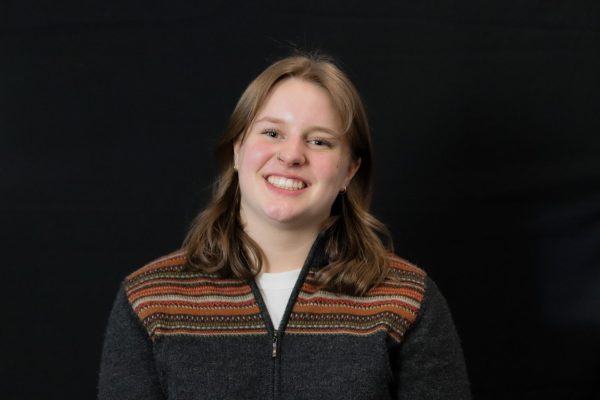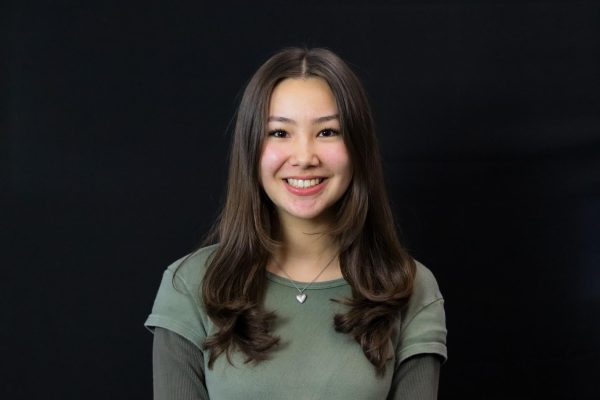May 8, 2025, Robert Francis Prevost was elected as pope, head of the Catholic Church, and sovereign of the Vatican City State. Pope Leo XIV is the first American to assume this role. With the introduction of a new pope, there is much to learn about his background, values, and plans for the future.
Pope Leo was born on September 14, 1955 (age 69) in Dolton, Illinois. During his childhood, he served as an altar boy, which grew his interest in the priesthood from a young age.
Pope Leo XIV started his academic career at Villanova University and graduated with a Bachelor of Mathematics in 1977. Villanova is one of two Augustinian Catholic universities in the United States, and the principles of both St. Augustine of Hippo and the Catholic Church guide its teachings. Pope Leo made history for the university’s religious order as the first Augustinian friar to be elected to the papacy. The university shared its pride in his election, “As an Augustinian Catholic institution, we celebrate this significant day for our University community and the global Church. Villanova, built on the teachings of St. Augustine, has always been grounded in advancing a deeper understanding of the fundamental relationship between faith and reason—between spirituality and wisdom.”
He continued his education at the Catholic Theological Union in Chicago, where he received his Master of Divinity in 1982. Shortly after, he was ordained as a priest in Rome at the Augustinian College of Saint Monica.
In 1984, Pope Leo XIV received his licentiate in Canon Law from the Pontifical University of Saint Thomas Aquinas in Rome, which he pursued while residing in the house of the Order of St. Augustine and studying Italian. Canon law is the set of rules that govern and regulate the internal affairs of the Christian church, particularly Roman Catholics.
From 1985 (age 31), Pope Leo XIV devoted over two decades to missionary and pastoral work in Peru. Despite visiting during a time of guerrilla violence in rural Chulucanas, he supported the community and served as the chancellor of the Territorial Prelature.
He also took on roles as an educator, teaching canon law and leading the Augustinian candidate formation. As bishop of Chiclayo (2015), he was known as the “Saint of the North” for his leadership in aiding the poor, managing disaster relief, and supporting public health efforts. Overall, his Peruvian experience profoundly shapes his plans for his papacy, emphasizing social justice and compassion.
After the death of Pope Francis, the College of Cardinals, composed of cardinal electors under the age of 80, gathered in the Vatican City. Here, the cardinals stayed in the Sistine Chapel, isolated from the outside world, establishing confidentiality, while discussing the needs of the Church and the candidates that match these needs.
Elections take place by casting secret ballots. In order to be selected, a candidate must receive a two-thirds majority of the votes. After each voting session, either black or white smoke emerges from the Chapel’s chimney. Black signifies an inconclusive vote, while white smoke indicates the selection of a new pope.
In the case of Pope Leo, he was elected after the fourth wave of ballots. He was said to be chosen due to his history of pastoral experience, particularly in Peru, and his ability to unify the church. Aside from Pope Leo, figures that caught the public’s attention include Cardinal Luis Antonio Tagle from the Philippines and Cardinal Matteo Zuppi of Italy.
With the immense media attention that came with Pope Leo’s election, news outlets have featured interviews with both of his older brothers, John and Louis “Lou” Prevost. Despite their brother’s high class and esteem, they have maintained a down-to-earth and unpretentious manner while discussing their childhoods, relationships, and utter shock at his election.
John Prevost told NBC how he and his brother played Wordle and Words with Friends before the conclave and jokingly asked if he had watched the film Conclave “so he [knew] how to behave.” Lou Prevost shared with Reuters that when his election was announced, “He wanted to run up and give him a high five, but he’s the Pope, so I’d probably try to behave myself… He will always be Rob to me.”
Along with Pope Leo’s long history in Chicago, there are strangely popular discussions about his baseball fandom, with some speculating whether his allegiance lies with the White Sox or the Cubs. While a radio announcement initially claimed he was a Chicago Cubs fan, his brother confirmed he is a White Sox fan.
While Pope Leo has spoken on certain social issues surrounding gender and sexuality, abortion, and race in the past, it is not fully transparent whether these views will influence his papacy or if his stances have shifted. During his time in Peru, he opposed the promotion of gender teachings in schools and shared with Diario Correo that it is “confusing” and teaches “genders that don’t exist.” While staying somewhat ambiguous on his stance on abortion and LGBTQ+ relationships, he shared recently that a family is based on “a stable union between a man and a woman,” and that “the unborn and elderly enjoy dignity as God’s creatures.” Pope Leo has also advocated for the humane treatment of immigrants and is “unhappy” with Trump’s anti-immigrant plans and policies. While the Pope’s political role is not explicitly outlined in his position, his influence on international relations and political affairs cannot be understated.
The election of Pope Leo marks a significant milestone in the history of the Catholic Church. His academic achievements, diverse background with missionary work, and values for social justice bring a new perspective to combat modern challenges. The public is eager to see how his background and strengths influence his papacy and decision-making for the Church.

